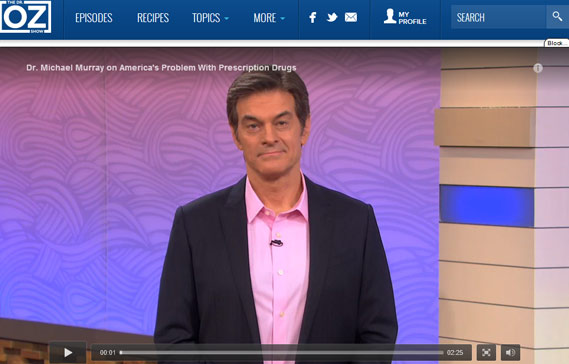
by Gill | Jul 7, 2015 | Natural Facts
Introduction: New research is exploding into scientific journals detailing exciting ways in which foods interact with the expression of our genes. In fact, there is a whole new field of study known as “nutrigenomics” researching the effects of foods and food...

by Gill | Jul 3, 2015 | Weekly Health Tips
As we age, it’s critical to ensure we have enough of this key protein Collagen—along with hyaluronic acid—forms the “intracellular cement” that literally holds us together. There are several different types of collagen, but type II is by far the most abundant in our...

by Gill | Jun 26, 2015 | Weekly Health Tips
Hormonal changes can create imbalances in brain chemicals, leading to anxiety and depression. Discover herbal options that ease tension naturally Although hot flashes grab most of the attention when it comes to menopause, anxiety is an equally common symptom among...

by Gill | Jun 23, 2015 | Natural Facts
Watch the trailer here

by Gill | Jun 23, 2015 | Featured, Natural Facts
Introduction Vitamin D has a well-established role in calcium metabolism and bone health, but recently there has been a great deal of research looking at the effect of vitamin D on other body tissues, especially immune cells. It is now known that there are vitamin D...








